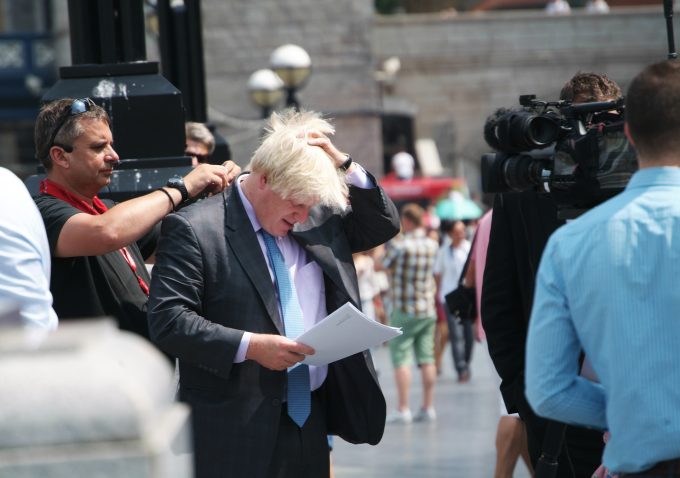A wind of change as reliance on China eases, with G2G the next challenge
A drive to diversify sourcing – and a booming worldwide e-commerce sector – is set ...
WTC: RIDE THE WAVEFDX: TOP EXEC OUTPEP: TOP PERFORMER KO: STEADY YIELD AND KEY APPOINTMENTAAPL: SUPPLIER IPOCHRW: SLIGHTLY DOWNBEAT BUT UPSIDE REMAINSDHL: TOP PRIORITIESDHL: SPECULATIVE OCEAN TRADEDHL: CFO REMARKSPLD: BEATING ESTIMATESPLD: TRADING UPDATEBA: TRUMP TRADE
WTC: RIDE THE WAVEFDX: TOP EXEC OUTPEP: TOP PERFORMER KO: STEADY YIELD AND KEY APPOINTMENTAAPL: SUPPLIER IPOCHRW: SLIGHTLY DOWNBEAT BUT UPSIDE REMAINSDHL: TOP PRIORITIESDHL: SPECULATIVE OCEAN TRADEDHL: CFO REMARKSPLD: BEATING ESTIMATESPLD: TRADING UPDATEBA: TRUMP TRADE

The industry is tough enough as it is – so the last thing anyone in air freight needed was the UK’s figure of fun, foreign secretary Boris Johnson, to get involved. Unfortunately, however, he has. A UK-led resolution to address threats in aviation has been unanimously approved by the UN’s Security Council, which wants to see more screening and better security. Luckily, it will be ICAO, rather than Mr Johnson, implementing the plans. From next year until 2019, ICAO will develop a new Global Aviation Security Plan, which aims to provide greater technical assistance to countries, an, as far as cargo is concerned, will examine home-made bombs put in shipments, as well as insider threats and ground security.


Comment on this article